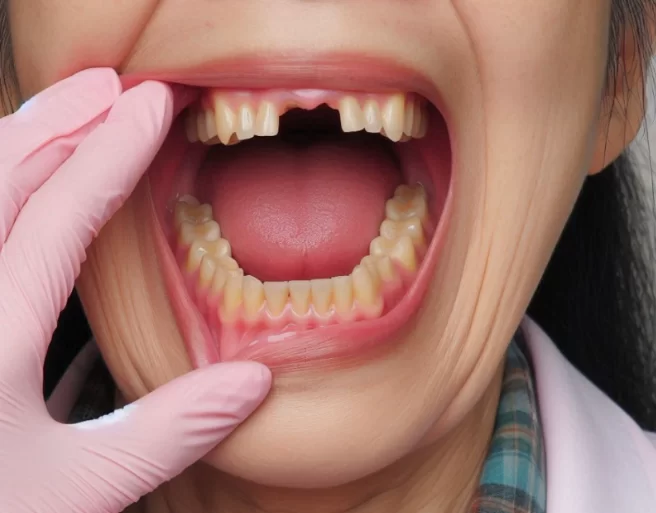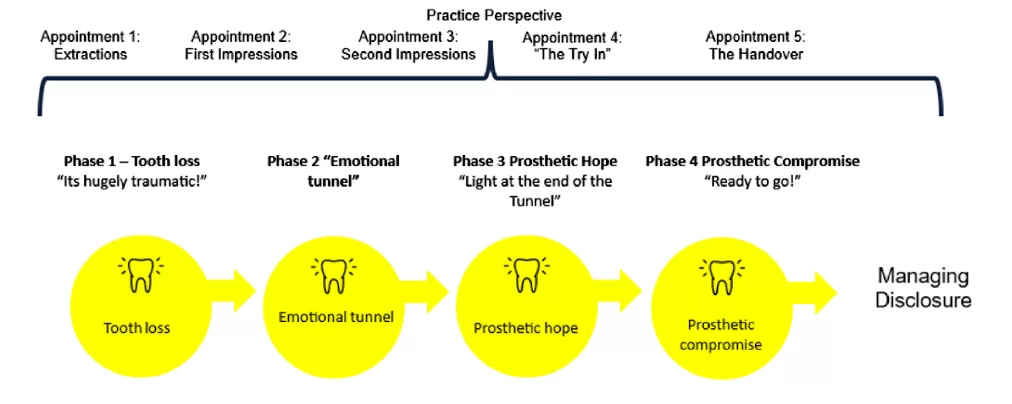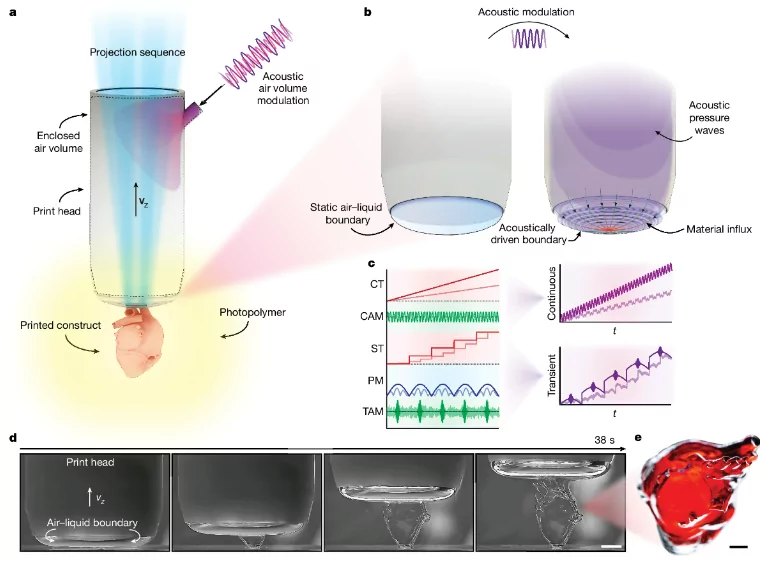How to cope with the difficult experience of losing teeth and dentures. New research into patients’ emotional well-being from the University of Sheffield
Introduction
Advancements in dental care, combined with an increasing societal value on a healthy smile, have enabled people to maintain their natural teeth for longer periods. However, this has also resulted in a rising demand for dental restorations such as crowns, bridges, and implants. Despite these advancements, many people find these treatments inaccessible due to limited availability of NHS dentists and the high costs associated with private dental work. Consequently, removable dentures often become the only feasible option for a significant portion of the population experiencing tooth loss.
Understanding the Denture Journey: A Comprehensive Study
A groundbreaking study by the University of Sheffield’s Healthy Life Span Institute and the School of Clinical Dentistry has delved into the emotional and practical challenges faced by denture patients. This pioneering research maps the patient journey, identifying four distinct stages that significantly impact the overall success of denture treatment.
Stage 1: Tooth Loss
The initial stage involves the physical loss of teeth, which can be a traumatic experience for many individuals. This stage marks the beginning of the denture journey and sets the stage for the emotional and psychological challenges that follow.
Stage 2: The Emotional Tunnel
During this stage, patients grapple with a wide range of emotions triggered by tooth loss. Feelings of self-consciousness, depression, shame, anger, and fear are common, alongside moments of hope. The emotional turbulence experienced during this period can profoundly affect patients’ self-esteem and social interactions.
Stage 3: Prosthetic Hope
As patients move towards obtaining dentures, they often experience a sense of hope and optimism. The anticipation of regaining their smile and the ability to eat normally can be a source of motivation and positivity. However, this stage also involves managing expectations and preparing for the adjustments required with new dentures.
Stage 4: Prosthetic Compromise and Managing Disclosure
The final stage acknowledges the challenges of adapting to life with dentures. Patients must learn to manage the practical aspects of using dentures, such as talking and eating, while also developing strategies to comfortably disclose their denture use to others. Successful adjustment during this stage is crucial for improving the quality of life and overall satisfaction with dentures.
Diagram: The Denture Journey
The Hidden Disability of Denture Wearers
The study also reveals that wearing removable dentures can be a hidden disability for many individuals. Patients often feel compelled to hide their dentures due to embarrassment or fear of them falling out. This can lead to social withdrawal and a significant impact on their quality of life.
The Role of Dentists in Enhancing Patient Outcomes
Empathy and understanding from dentists play a critical role in the success of denture treatment. By recognizing and addressing the emotional challenges faced by patients, dentists can provide better care and support, leading to improved patient outcomes. The study emphasizes the importance of a compassionate approach in helping patients navigate the emotional rollercoaster associated with dentures.
Artistic Collaboration and Patient-Centered Tools
In an innovative collaboration, the research team partnered with local Sheffield artist Gina Allen to create an art piece that visually represents the diverse emotional journeys of denture wearers. This artwork serves as a powerful tool to convey the depth and variety of patient experiences, highlighting the unique challenges faced by each individual.
Additionally, the study has led to the development of a new patient questionnaire designed to:
- Identify Individual Needs: Tailor care based on specific patient experiences.
- Improve Communication: Facilitate open conversations between dentists and patients about dentures.
- Trigger Follow-Up: Identify patients who may require additional support.
Towards a Comprehensive Clinical Care Pathway
The study highlights the necessity for a structured clinical care pathway to support denture patients effectively. Key components of this pathway include:
- Improving Denture Fit: Ensuring proper fit to enhance comfort and functionality.
- Educating Patients: Providing thorough guidance on denture care and maintenance.
- Combating Shame and Stigma: Addressing the social challenges and promoting acceptance of denture use.
Mr. Bilal El-Dhuwaib, Clinical Teacher in Restorative Dentistry at the University of Sheffield, underscores the significance of this research. He emphasizes that understanding the psychological and social impact of tooth loss and replacement allows dentists to adopt a more compassionate and effective approach to patient care.
Conclusion
This pioneering study from the University of Sheffield not only sheds light on the emotional struggles of denture patients but also provides a valuable framework for improving patient care. By addressing the emotional, psychological, and practical challenges faced by patients, dentists can significantly enhance the overall experience and outcomes of denture treatment. Continued research and the development of comprehensive clinical pathways are essential for ensuring that all denture patients receive the support and care they need to lead fulfilling lives.
Sources
- ScienceDaily – Hidden challenges of tooth loss and dentures revealed in new study – 6 June 2024
- The Journal of Dentistry – ‘It’s like being in a tunnel’: Understanding the patient journey from tooth loss to life with removable dentures – 4 June 2024















